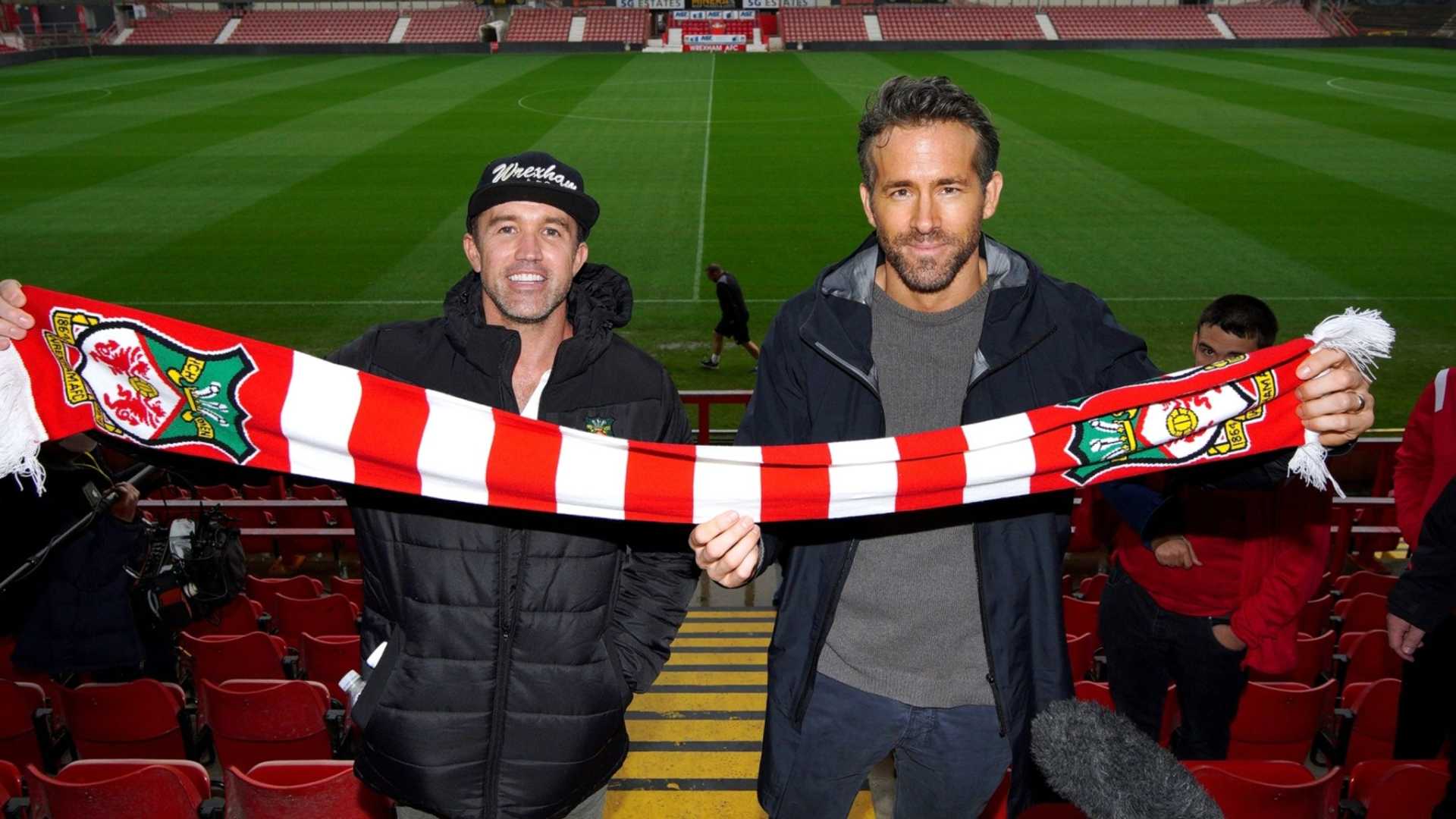Sports
American Owners Transform English Football Landscape, Wrexham’s Journey Leads the Way

WREXHAM, Wales — The landscape of English football is shifting dramatically, especially with the rise of American ownership within its clubs. Notably, Wrexham AFC has become a focal point since Hollywood actors Ryan Reynolds and Rob McElhenney took over the club in 2021.
Wrexham, founded in 1864, is one of the oldest professional football clubs. The recent ownership transition has garnered significant attention internationally, particularly after the club achieved extraordinary success in a short period. Last season, Wrexham was the only one of the 72 EFL member clubs to have all its league fixtures broadcast live in the U.S., illustrating its growing appeal among American fans.
Under the direction of Phil Parkinson, Wrexham experienced a historic rise, moving from the National League to the EFL Championship. The ambition of Reynolds and McElhenney has been steadfast: they aim to secure Wrexham’s promotion to the Premier League.
The latest reports suggest that the club has set a new deadline for this ambitious goal. Excitement is palpable among fans, many of whom have embraced the renewed hope that the actors’ ownership style has inspired.
Parker outlined plans focusing on strengthening the squad and improving the infrastructure, which is crucial for competing at higher levels. With plans to enhance the Racecourse Ground, he emphasizes both on-pitch success and community engagement.
The dynamic between local fans and new owners is notable. Wrexham has employed various community outreach efforts to foster loyalty and engagement among its supporters. This model not only aims to attract new fans but also emphasizes sustainability and long-term growth.
A key aspect of Wrexham’s journey is preservation of tradition despite the influx of investment. Reynolds and McElhenney have emphasized their intent to manage the club while honoring its storied history.
The financial implications of the burgeoning American ownership in English football are evident. Clubs such as Liverpool, Manchester United, and Arsenal have shifted towards profit-driven models, often sidelining local fan interests. Yet, Wrexham’s approach presents an alternative, with the owners keen on involving local supporters in the decision-making processes.
As Wrexham continues its quest for promotion, the wider implications of American investment in English football raise questions about sustainability, community engagement, and the preservation of traditional values.
As fan engagement surges and visibility increases, the world watches Wrexham with anticipation—what happens next in the club’s ambitious journey?












